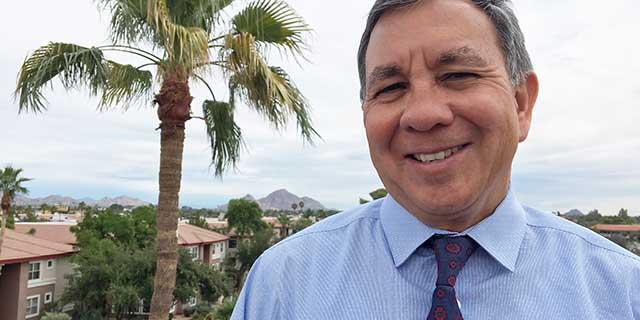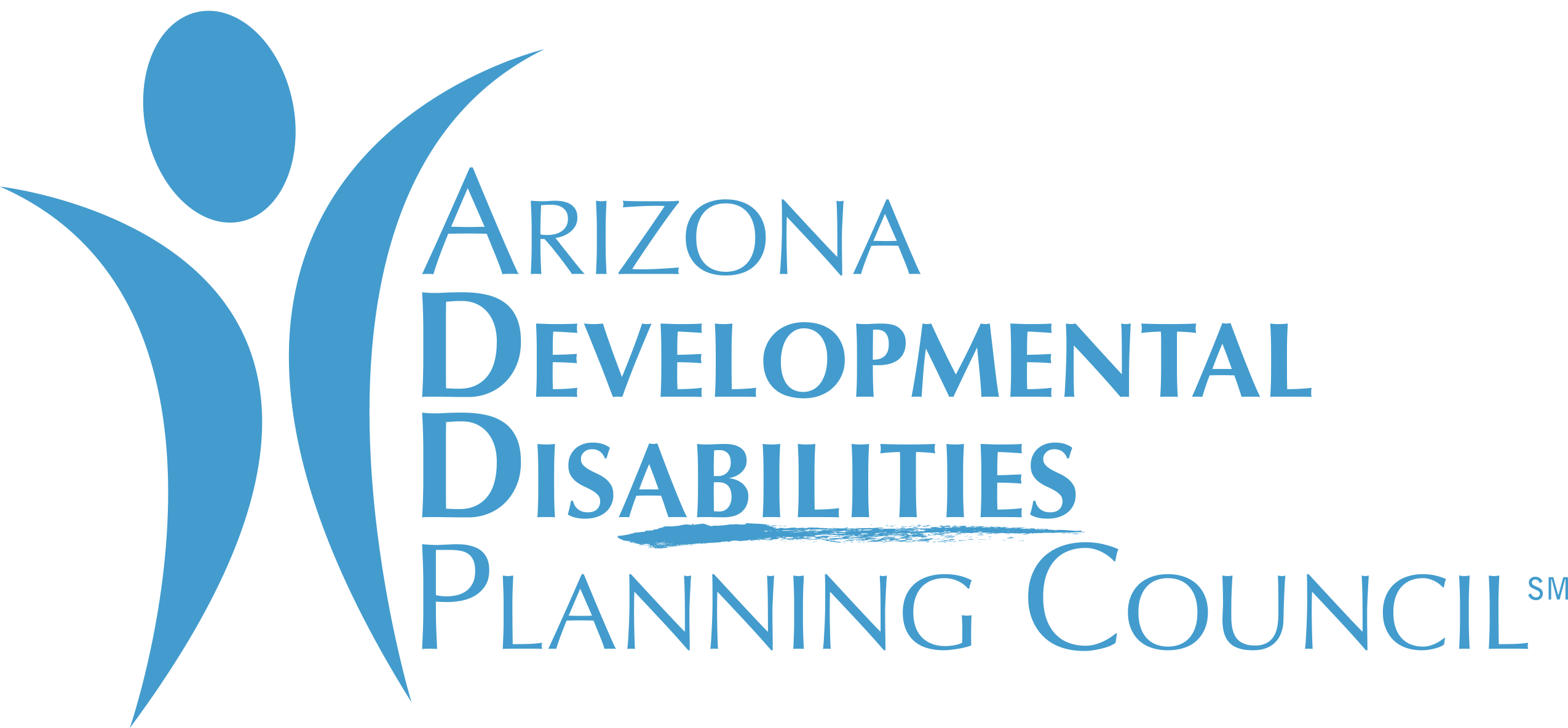Notes from Armenia: Dedicated individuals can change the world

by Mike Leyva, Contracts/Grants Coordinator
Our Voices features guest bloggers in their own words sounding off on disability issues in Arizona.
Mike Leyva serves as the Contracts/Grants Coordinator for the Arizona Developmental Disabilities Planning Council
This past fall, I traveled to Armenia to share information on integrated employment, inclusion and self-advocacy. It was part of the Americans with Disabilities Act (ADA) Anniversary International Fellowship Program in Inclusive Education conducted with partners in Armenia, India, Kazakhstan, and Ukraine.
Armenia, a former Soviet republic, is a fascinating and beautiful ancient land with a history of clashing civilizations and conquests. It borders Turkey, Iran, Georgia, and Azerbaijan, has a dynamic blend of Eastern and Western culture, and was one of the first countries to make Christianity its official religion. Armenia gained its independence in 1991 and has been in transition ever since, especially in the area of disabilities.
During my visit, I could see that Armenia had taken strides in promoting the value of community inclusion. They’ve embarked on a series of programs to provide inclusive education, experimental learning, and disability advocacy and policy. In fact, in writing about Armenia’s education efforts, Human Rights Watch noted that “The Armenian government has committed to making all primary and secondary schools (compulsory education, grades 1 to 12) inclusive with disabilities by 2022. According to the Ministry of Education, for the 2016-2017 school year, 6,700 children with ‘special education needs’ are enrolled in mainstream schools providing inclusive education.”
But despite significant improvements in inclusive education for children with disabilities, there are still barriers – like lack of accessible transportation, technical aids, teaching salaries and accessible learning and teaching materials. Many barriers I noticed as a visitor were physical. Many of the schools were built in the Soviet era, leaving classrooms and facilities inaccessible to children with disabilities, such as no wheelchair access to the second floor of buildings and aging structures. Few new schools have been built in the last three decades. And similar to the U.S., Armenia lacks the funding and resources for education and infrastructure.
But our hosts in Armenia are change agents. They are highly educated and want to usher in systems change in education, public policy, and employment. They’ve seen the advances the U.S. has made since the passage of the ADA and strive to emulate many of its policies and programs. Thanks to our primary host, Armine Avagyan, we had the opportunity to see some of Armenia’s inclusive classrooms, best practices for educators, and state-of-the-art facilities.
Most importantly, we met with folks on the ground working with people with disabilities. I met a young individual on the autism spectrum who entered first grade as a non-verbal student and had not yet participated in the academic curriculum. With interventions and school specialists, including a speech therapist, psychologist, and social worker -- he thrived. When I asked him what he would like to do, he replied: “I want to be a top rated chef. I love to cook, serve meals and eventually I want to open a restaurant in America!” I am confident he will achieve his dream.
Earlier this year, 28 young professionals from around the world participated in a six-week intensive fellowship program at local agencies in the U.S. that support the inclusion of children with disabilities in education. Here in Arizona, Ability360, Arizona Special Olympics, Zaharis Elementary School, and the Arizona Developmental Disabilities Planning Council (ADDPC) all hosted fellows for this program. The ADDPC hosted and mentored Madina Bakieva, a disability advocate from Kazakhstan and director of a nonprofit for orphaned children and children with disabilities.
Then in October, 15 mentors from Minnesota and Arizona traveled to mostly Asian and East European countries to learn about each country’s challenges and successes in inclusion efforts. The mentors shared their expertise with local schools, nonprofits, and universities. Three of the mentors, including myself, visited Armenia and provided technical assistance and also conducted workshops on inclusive education, disability policy and advocacy.
I had the privilege to meet dedicated professionals and to share information on our efforts to increase opportunities for competitive employment, advocacy and self-determination, and community inclusion. I have quite a bit yet to accomplish and I plan to do it with a renewed sense that we are doing great work in Arizona and there are plenty of best practices to share with our future partners in Armenia.
Reflecting on my visit to Armenia, I’m reminded of the quote by Margaret Mead, “Never doubt that a small group of thoughtful, committed citizens can change the world; indeed, it’s the only thing that ever has.” And I have no doubt that this dedicated group of Armenians are on a direct path to bring about positive change for people with disabilities.






